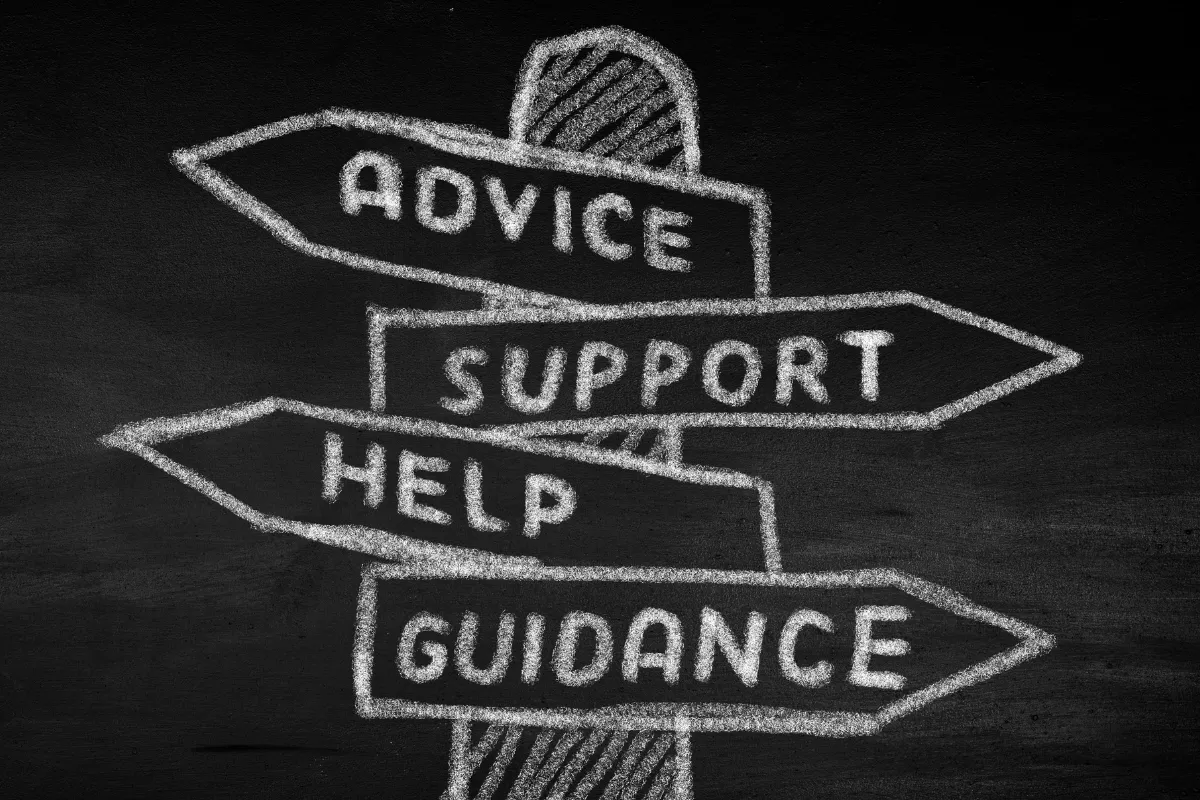📑FHS Blog Article
What to Expect
Transitioning from foster care to independent living takes preparation, support, and determination. This article highlights proactive steps and resources that can help you succeed in building a stable and fulfilling life. With guidance and community support, you don’t have to face this journey alone.
Transitioning from Foster Care to Independent Living: Advice and Resources for Young Adults
Transitioning from foster care to independent living is a significant milestone in the lives of young adults. This period of your life, often filled with excitement and challenges, requires careful planning, support, and access to resources to ensure a smooth transition. This article aims to provide advice and resources for young adults navigating this journey, offering practical tips and answering common questions to provide clarity.

Advice for Young Adults Transitioning Out of Foster Care
1. Plan Early
Start preparing for your transition as early as possible. Work with your caseworker to develop a transition plan that outlines your goals, needs, and available resources. This plan should cover areas such as housing, education, employment, health care, and personal development.
2. Secure Stable Housing
Finding a safe and stable place to live is a top priority. Look into transitional housing programs, independent living programs, and affordable housing options. Many communities offer resources specifically designed to help aged-out foster youth find housing.
3. Pursue Education and Training
Education and training are crucial for long-term success. Explore opportunities for higher education, vocational training, and certification programs. Many states offer tuition waivers or financial aid for former foster youth to attend college or vocational schools.
4. Find Employment
Building a stable career is essential for independent living. Utilize job placement services, internships, and mentorship programs to gain work experience and develop job skills. Networking with professionals in your field of interest can also open doors to employment opportunities.
5. Manage Your Finances
Learning to manage your finances is a vital skill. Create a budget, save money, and understand how to handle bills and expenses. Seek financial literacy programs that offer guidance on budgeting, saving, and building credit.
6. Access Health Care
Ensure you have access to health care services. Many states provide extended Medicaid coverage for former foster youth until age 26. Find a primary care provider and stay on top of your physical and mental health needs.
7. Build a Support Network
Surround yourself with a strong support network of friends, mentors, and community members. Having people you can rely on for advice, emotional support, and practical assistance is invaluable during this transition.

Resources for Aged-Out Foster Youth
National Foster Youth Institute (NFYI): Provides advocacy, resources, and support for foster youth and alumni.
Foster Care to Success (FC2S): Offers scholarships, mentoring, and support services for former foster youth pursuing higher education.
The Home Within: Provides transitional housing and support services for aged-out foster youth.
Youth Law Center: Advocates for the rights of foster youth and provides resources on legal issues and support services.
Local Independent Living Programs: Many states and communities offer independent living programs that provide housing, education, and employment support.

Final Thoughts About Resources
Transitioning from foster care to independent living is a journey that requires planning, support, and resilience. By taking proactive steps and utilizing available resources, you can navigate this transition successfully and build a fulfilling and independent life. Remember, you are not alone—there are numerous organizations and individuals ready to support you every step of the way.

Frequently Asked Questions About Resources
Q: What is transitional housing, and how can it help me?
A: Transitional housing provides temporary accommodation and support services to help you move from foster care to independent living. These programs often include case management, life skills training, and assistance with finding permanent housing.
Q: How can I find financial aid for education?
A: Many states offer tuition waivers or financial aid for former foster youth. Additionally, organizations like Foster Care to Success provide scholarships and financial support. Contact your caseworker or school’s financial aid office for specific information and assistance.
Q: What if I need help finding a job?
A: Job placement services, internships, and mentorship programs can help you gain work experience and find employment. Local workforce development agencies and independent living programs often offer job search assistance and career counseling.
Q: How do I build a support network?
A: Building a support network involves connecting with friends, mentors, community members, and organizations dedicated to helping former foster youth. Attend local events, join support groups, and seek out mentors who can provide guidance and support.
Q: What should I do if I feel overwhelmed during the transition?
A: It’s normal to feel overwhelmed during this significant life change. Reach out to your support network, caseworker, or a mental health professional for assistance. Remember, asking for help is a sign of strength, not weakness.
👉 Ready to learn more?
Fill out the short form or call us now at 810-207-6332
Legal Disclaimer
Future Hope Solutions LLC (“FHS”) provides housing management only and does not offer or guarantee third-party services such as medical care, counseling, case management, or employment assistance. Any referrals to outside programs are for informational purposes only, and FHS is not responsible for the actions or outcomes of third-party providers. By engaging with FHS, all clients and partners acknowledge that FHS’s role is limited to housing and assumes no liability beyond that scope.
Note: Properties are viewed in person by referral partners and by video walkthrough for potential clients.
